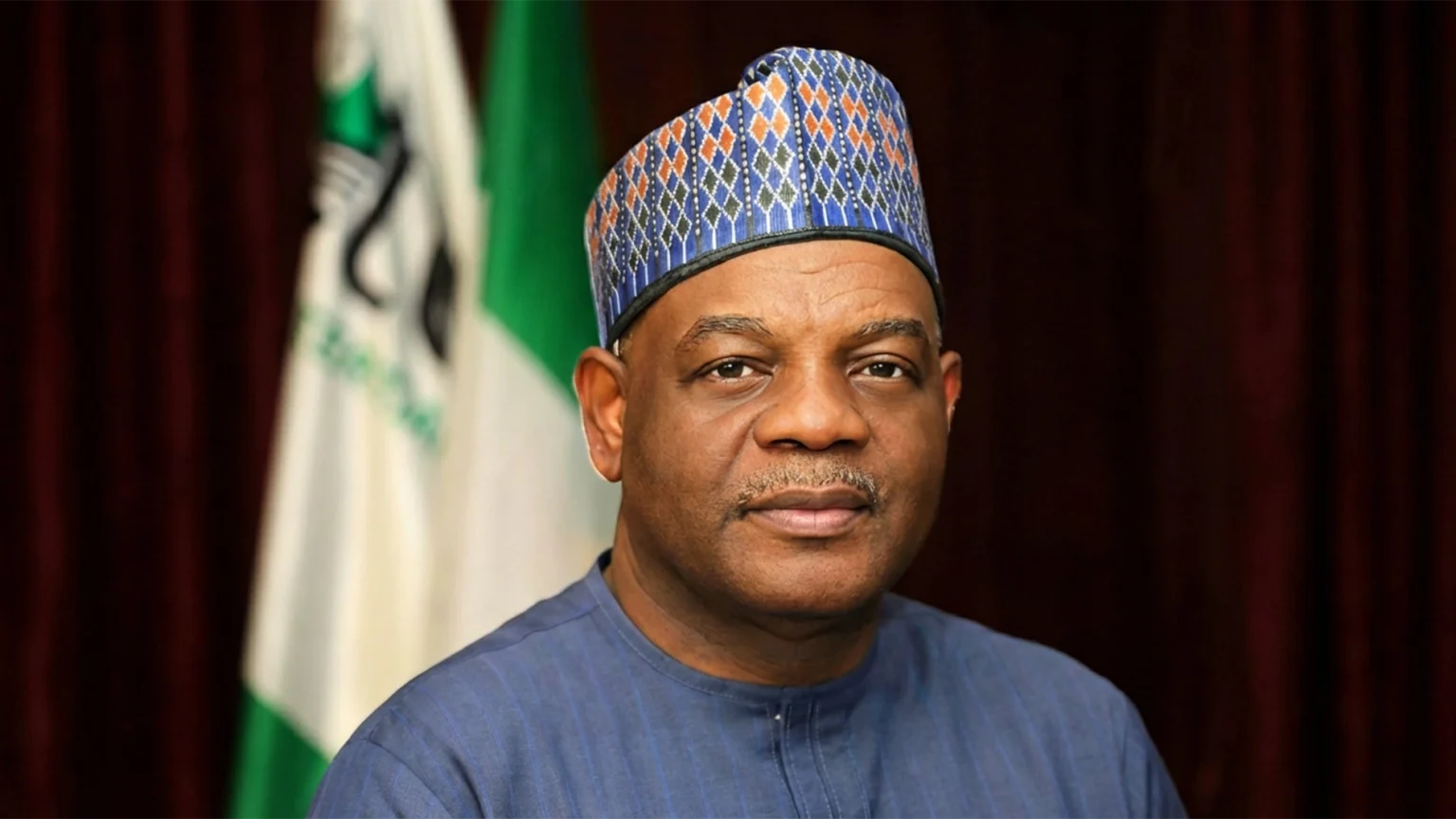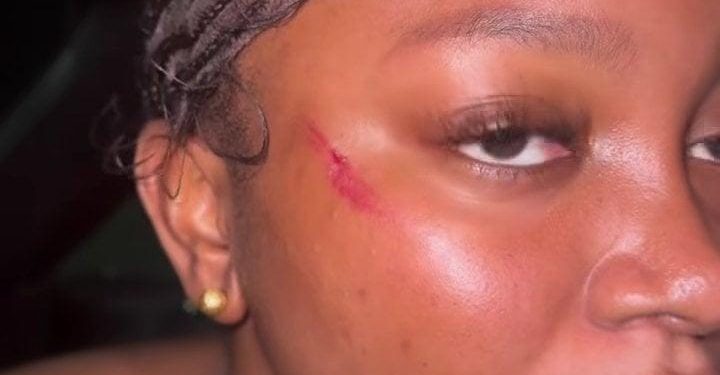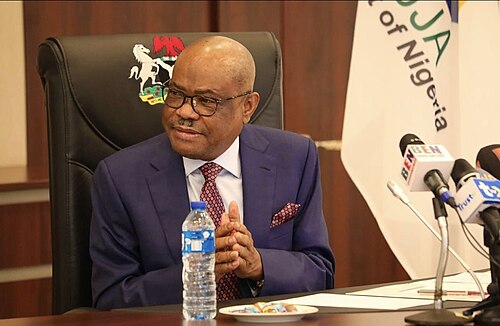The recent seizure of three Nigerian presidential jets in France and Switzerland by Zhongshan, a Chinese company, has thrown a spotlight on a series of interconnected issues that touch on international relations, governance, legal disputes, and the broader implications of Nigeria’s leadership crisis. The events leading up to the seizure, the reactions from various stakeholders, and the legal and political ramifications offer a comprehensive narrative of how a complex investment deal can unravel into an international embarrassment.
The roots of this saga trace back to 2001, when China and Nigeria signed a bilateral investment treaty aimed at fostering economic cooperation between the two nations. This agreement set the stage for a decade-long partnership that would later become a point of contention. In 2010, Zhongshan Fucheng Industrial Investment, through its parent company Zhuhai Zhongfu Industrial Group, secured rights to develop the Ogun Guangdong Free Trade Zone (OGFTZ) in Ogun State, Nigeria. The project was seen as a major step in promoting industrial development and strengthening economic ties between Nigeria and China.
In 2011, Zhongshan established a local entity, Zhongfu International Investment (NIG) FZE, to manage the development of the OGFTZ. The company embarked on extensive infrastructure projects within the zone, including roads, sewerage, and power networks, demonstrating its commitment to the venture. A year later, in 2012, Ogun State appointed Zhongfu as the interim manager of the OGFTZ, a role that seemed to solidify the company’s foothold in the project.
By 2013, a joint venture agreement was signed, making Zhongfu the permanent manager of the OGFTZ and granting it a majority shareholding in the project. However, this apparent success was short-lived. In 2016, Ogun State abruptly terminated Zhongfu’s appointment, expelling the company from Nigeria and revoking the immigration papers of its executives. The sudden termination of the contract led Zhongshan to initiate arbitration proceedings against Nigeria in 2017, alleging a breach of the bilateral investment treaty.
The arbitration tribunal, chaired by Lord Neuberger, the former president of the UK Supreme Court, ruled in March 2021 that Nigeria had indeed breached the China-Nigeria bilateral investment treaty. The tribunal awarded Zhongshan $55,675,000 in damages, along with $9.4 million in interest and £2,864,445 in costs, bringing the total award to approximately $70 million. Despite this ruling, the Nigerian government was reluctant to comply with the judgment, leading Zhongshan to take further legal action to enforce the award.
In 2022, Zhongshan secured interim charging orders over two properties in Liverpool owned by the Nigerian government as part of its efforts to recover the awarded funds. Nigeria challenged this enforcement, arguing that the properties were used for consular services and were therefore immune from seizure. However, the UK court dismissed this claim, noting that the properties had not been used for diplomatic purposes in over 34 years and were in a state of disrepair.
The legal battle continued into 2023, with Nigeria seeking state immunity to avoid paying the arbitral award. The UK High Court, however, ruled that Nigeria had missed the deadline for appealing the award, effectively rejecting the country’s claim of immunity. In July 2023, the UK Court of Appeal upheld the $70 million arbitration award against Nigeria, further complicating the situation for the Nigerian government.
The dispute reached a critical point in August 2024 when Nigerian jets, including a Dassault Falcon 7X in Paris and a Boeing 737 and Airbus A330 in Switzerland, were seized as part of efforts to enforce the arbitration award against Nigeria. The seizure of these high-profile assets highlighted the severity of the situation and the lengths to which Zhongshan was willing to go to recover the damages awarded to it.

The seizure of the presidential jets has not gone unnoticed by the Nigerian government, which has reacted strongly to the developments. Bayo Onanuga, special adviser to the president on information and strategy, issued a statement accusing Zhongshan of trying to arm-twist the Nigerian government into surrendering its offshore assets. Onanuga emphasized that the Federal Government was not directly involved in the contract between Zhongshan and Ogun State, and therefore had no contractual obligation to the company.
According to Onanuga, the case in which Zhongshan is attempting to seize Nigerian assets is solely between the company and the Ogun State government. He noted that the Federal Government is aware of efforts by the Ogun State Government to reach an amicable resolution with Zhongshan, but these efforts have so far been unsuccessful.
Onanuga’s statement went further to draw parallels between the Zhongshan case and the infamous P&ID case, where a foreign company attempted to defraud the Nigerian government through a questionable contract and subsequent arbitration award. He suggested that Zhongshan had misled the Judicial Court in Paris regarding the use and nature of the presidential jets, which are protected by diplomatic immunity. Onanuga argued that the jets, as assets of a sovereign entity, should not be subject to seizure by any foreign court.
The presidency’s response underscores the Nigerian government’s determination to protect its assets from what it perceives as predatory actions by Zhongshan. Onanuga assured Nigerians that the Federal Government is working with the Ogun State Government to discharge the Paris court’s order and prevent further embarrassment.
The seizure of the presidential jets has also drawn sharp criticism from prominent political figures in Nigeria. Peter Obi, the 2023 presidential candidate of the Labour Party, took to social media to express his outrage and bewilderment over the incident. Obi described the seizure as an “international embarrassment” that exposes Nigeria’s failed leadership and poor adherence to the rule of law.
In his statement, Obi criticized the Federal Government for proceeding with the jet purchase despite widespread public outcry against such expenditure during a time of severe economic hardship. He argued that the decision to spend as much as $100 million on a presidential jet, in a country plagued by poverty, food inflation, and a high number of out-of-school children, demonstrates the administration’s insensitivity to the plight of ordinary Nigerians.
Obi also highlighted the lack of transparency surrounding the acquisition and management of the presidential jets. He questioned why Nigerians were kept in the dark about the details of these transactions until the jets were seized by a foreign court. For Obi, the incident underscores a broader issue of indiscipline and disrespect for the rule of law within the Nigerian government.
Furthermore, Obi raised several critical questions that he believes need to be answered. He asked to what extent the Ogun State government followed its agreement with Zhongshan and what actions were taken by both the Ogun State and Federal Government after the UK court ruling that prohibited the seizure of Nigerian properties in Liverpool. Obi’s questions reflect a growing concern among Nigerians about the government’s handling of international legal disputes and its ability to protect national assets from foreign entities.
The seizure of Nigeria’s presidential jets is more than just an isolated incident; it is a manifestation of deeper issues within the country’s governance and legal framework. The case has exposed significant weaknesses in Nigeria’s approach to international contracts, dispute resolution, and asset management. It has also raised serious questions about the transparency and accountability of government actions, particularly in relation to the management of public resources.

From a legal perspective, the case highlights the challenges that Nigeria faces in defending itself against international arbitration awards. The country’s repeated attempts to claim state immunity have been unsuccessful, suggesting that Nigeria may need to reassess its legal strategies and strengthen its international legal representation.
Diplomatically, the seizure of the presidential jets has the potential to strain Nigeria’s relations with other countries, particularly China, which has been a key economic partner in recent years. The incident may also affect Nigeria’s standing in the international community, as it portrays the country as being unable to honor its contractual obligations and protect its sovereign assets.
Conclusion
The seizure of Nigeria’s presidential jets by Zhongshan is a complex issue that encapsulates the challenges of governance, international law, and diplomacy in Nigeria. It is a case that has exposed the vulnerabilities in Nigeria’s legal and political systems and raised important questions about the country’s ability to manage its resources and defend its interests on the global stage. As the Nigerian government continues to navigate this crisis, it must address the underlying issues that have led to this point, including the need for greater transparency, accountability, and adherence to the rule of law. Only by doing so can Nigeria hope to prevent similar incidents in the future and restore confidence in its leadership both at home and abroad.
SOURCES
- https://informantonline.com.ng/2024/08/16/details-of-deal-that-led-to-100m-presidential-jet-seizure/
- https://www.google.com/amp/s/businessday.ng/news/article/inside-deal-that-led-to-100m-presidential-jet-seizure/%3famp
- https://www.google.com/amp/s/ikengaonline.com/2024/08/15/peter-obi-fumes-over-seizure-of-nigerias-presidential-aircraft-in-france/%3famp=1




